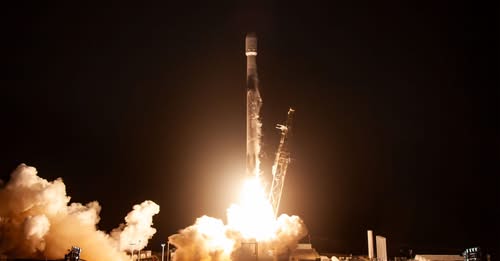On December 21, 2024, the Republic of Djibouti achieved a significant milestone in its space programme by successfully launching its second nanosatellite, Djibouti-1B. This accomplishment highlights the nation’s growing commitment to technological advancement and sustainable development.
The Djibouti-1B satellite was developed collaboratively with the Space Center of the University of Montpellier (CSUM). It was further integrated into the Falcon 9 rocket, courtesy of Exolaunch, a global provider of launch services. This strategic partnership underscores the international cooperation driving Djibouti’s space aspirations.
The primary mission of Djibouti-1B is to enhance climate monitoring capabilities under the Hydrosat initiative. Alongside its predecessor, Djibouti-1A, the satellite will collect critical data to track water resource availability and assess drought-affected regions. This data is vital for informed decision-making on water management and addressing the impacts of climate change.
The successful launch of Djibouti-1B signifies Djibouti’s dedication to strengthening its national capacities in space research and innovation. Djibouti-1B brings Africa’s total satellite launches to 62, with 10 African countries actively operating Earth Observation satellites. These include Djibouti, Egypt, Ethiopia, Kenya, Nigeria, Zimbabwe, Rwanda, South Africa, Sudan, and Senegal. Furthermore, these countries have invested substantially in space technology and utilise satellite data to address regional climate change monitoring, agriculture, resource management, and disaster preparedness challenges.
Source: http://spaceinafrica.com/2024/12/22/djibouti-launches-second-satellite-djibouti-1b/



